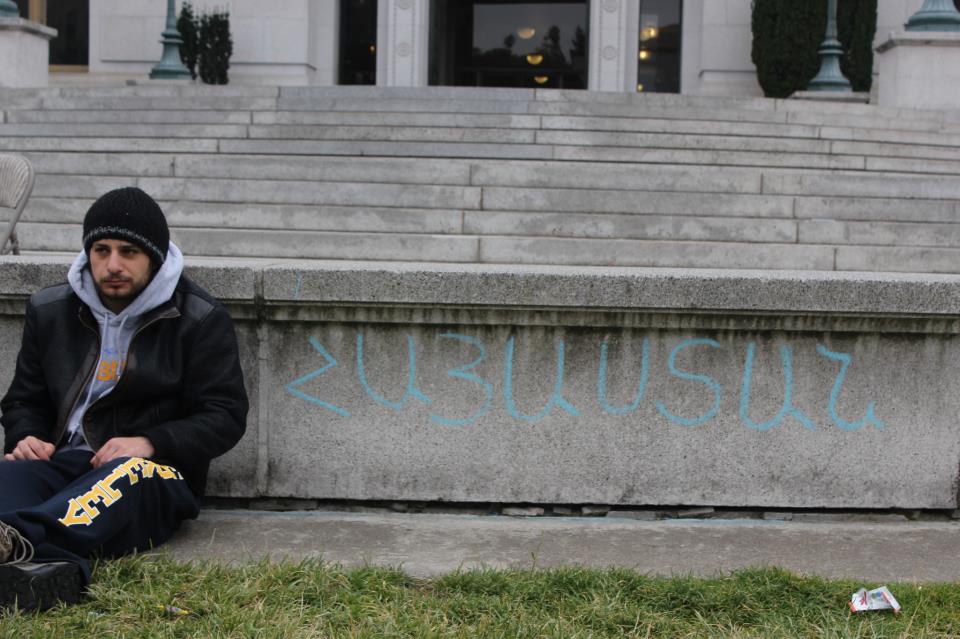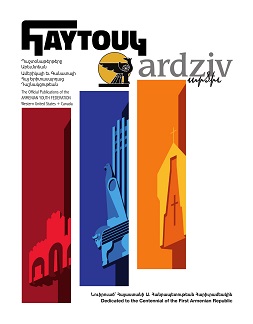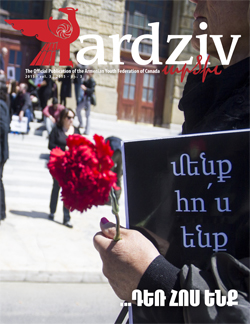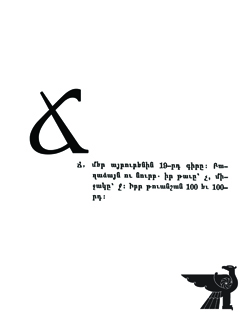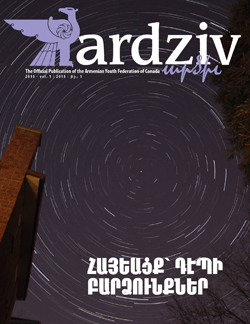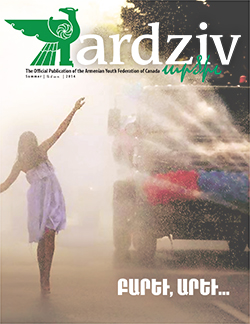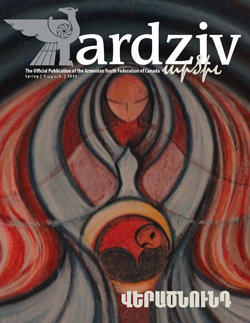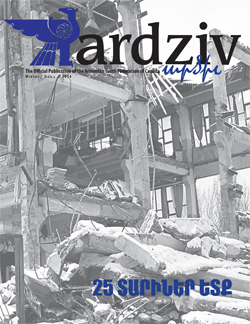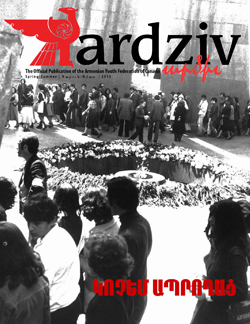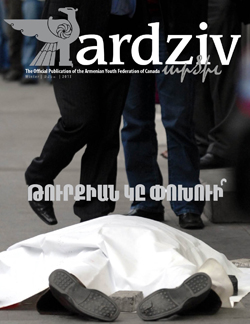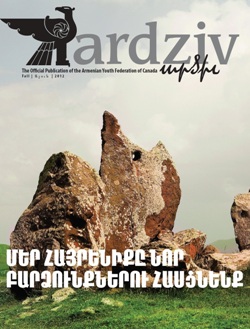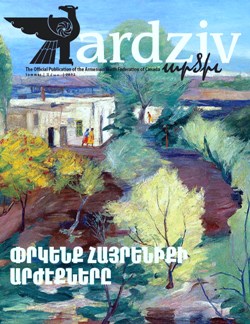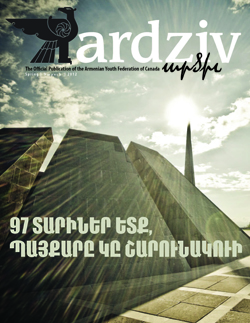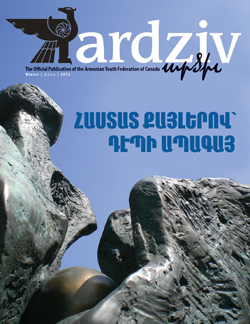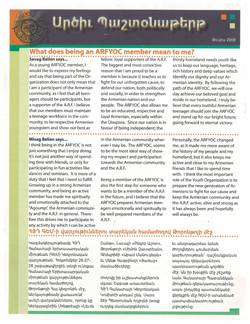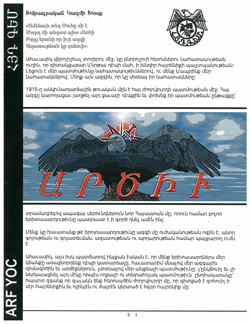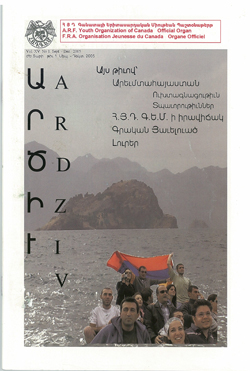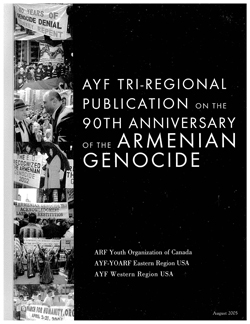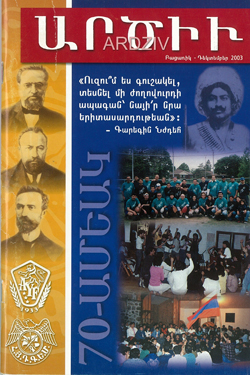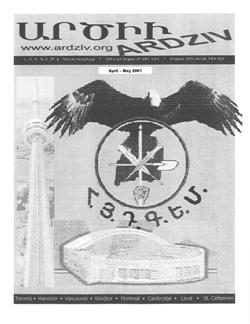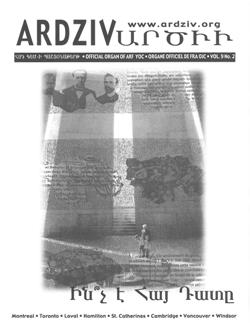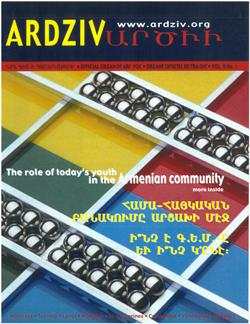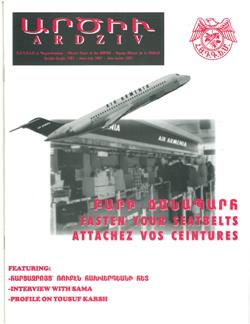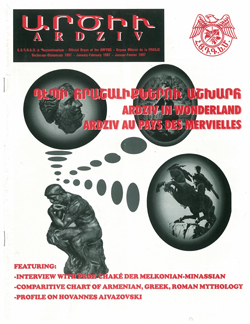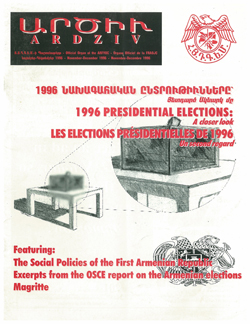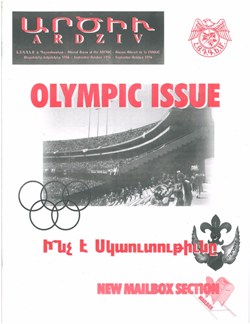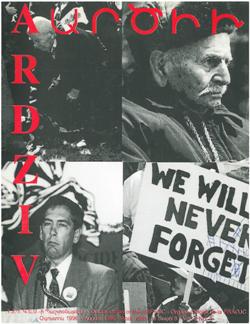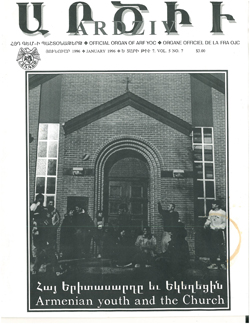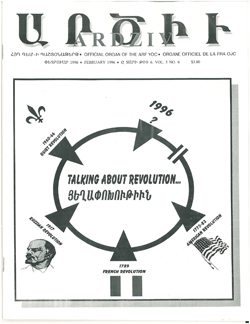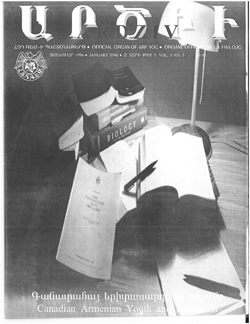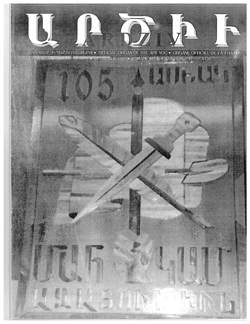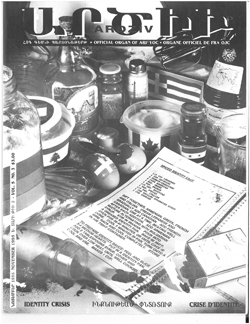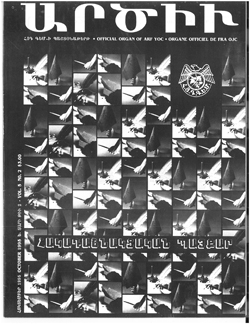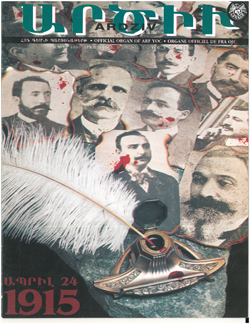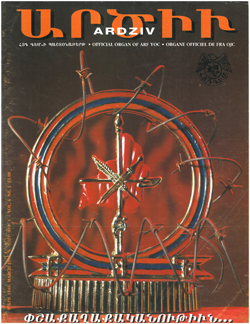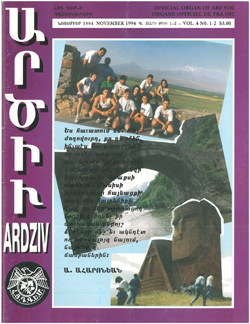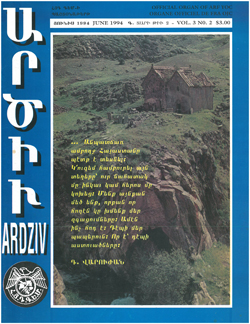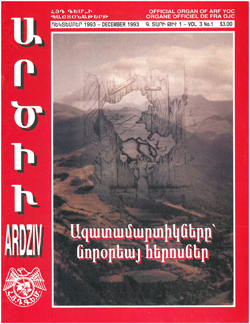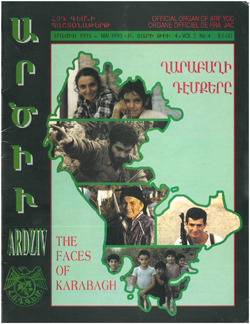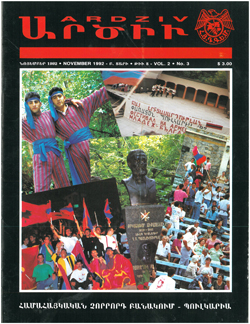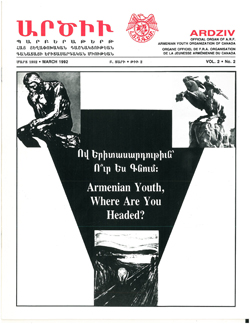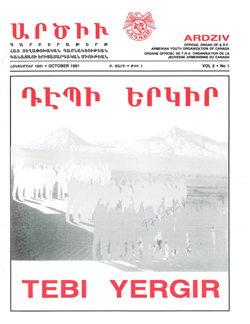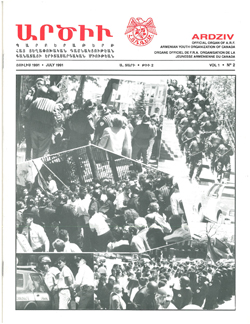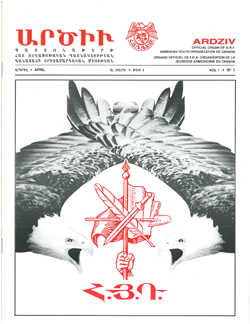Where Does My Armenia Stop and My Diaspora Begin?
By: Ardziv Magazine | Posted on: 30.07.2013Warning: Undefined array key "ssba_bar_buttons" in /home/u108981792/domains/ardziv.org/public_html/wp-content/plugins/simple-share-buttons-adder/php/class-buttons.php on line 602
Warning: Undefined array key "ssba_bar_buttons" in /home/u108981792/domains/ardziv.org/public_html/wp-content/plugins/simple-share-buttons-adder/php/class-buttons.php on line 602
Warning: Undefined array key "ssba_bar_buttons" in /home/u108981792/domains/ardziv.org/public_html/wp-content/plugins/simple-share-buttons-adder/php/class-buttons.php on line 602
Warning: Undefined array key "ssba_bar_buttons" in /home/u108981792/domains/ardziv.org/public_html/wp-content/plugins/simple-share-buttons-adder/php/class-buttons.php on line 602
By Gegham Mughnetsyan
I was born in Armenia (in Gyumri to be exact) when the Soviet Empire was taking its last breaths and Armenian independence was only months away. I belonged to a generation that had to grow up in a period of political, economic, and cultural change, which only brought confusion about who or what was to blame for that gloomy, endless transition.
Fifteen years later, I found myself a world away in Glendale, Calif., in pursuit of a life that promised better opportunities for my parents, my two brothers, and me. Aside from having to learn the language and the customs of this strange land, we found ourselves conflicted about our “Armenian-ness” in the land of the diaspora; many of our peers did not speak Armenian nor had ever been to Armenia, yet they considered themselves equally Armenian. Unlike them, my childhood was not spent at Homenetmen or youth camps, my mother did not make choreg, I did not go to Sunday School, May 28th was not that special, my grandparents were not genocide survivors, and April 24th was not a day of protest but rather a day off when we’d gather around the television and watch “Mayrig.”
For our peers who were born in the diaspora, Armenia was the “promised land” where everyone spoke Armenian and one could see Mount Ararat from their window. For us, Armenia was and is a collection of memories from a childhood spent in cold winters, with a shortage of everything from drinking water to textbooks to electricity—always in a state of constant need and of less and less hope…
I have been grateful to this country for all that it has given to me and my family. I have found “little Armenias” in church groups and student organizations, and have kept those Armenias close to my heart. I have walked in Little Armenia (Glendale) and chanted “1915 never again,” I have donated to the Armenia Fund, attended banquets, danced while Harout Pamboukjian sang. Yet, I still constantly find myself outside of the diasporan structure.
I have looked at the diaspora’s efforts and been critical of how it is not a unified force. I’ve been equally critical of how Armenia treats the diaspora as an ATM machine that exists solely to provide monetary resources with as little involvement in Armenian affairs as possible.
Today, after having graduated from Berkeley, where in my capacity as the president of the Armenian Students’ Association I got to meet with Armenians from different “stages” of the diaspora, I am at crossroads. As a member of the first generation of so-called “Stantsis,” who were born in independent Armenia and left to pursue opportunities thousands of miles away, I find myself equally distant from both directions. And I’m trying to figure out where my Armenia stops and my diaspora begins.
